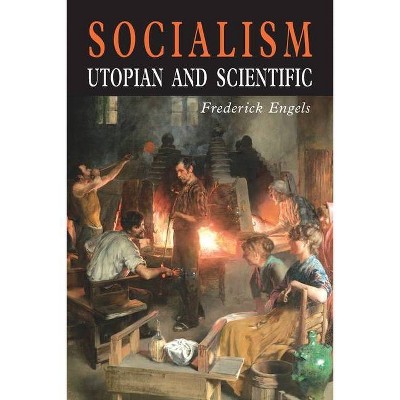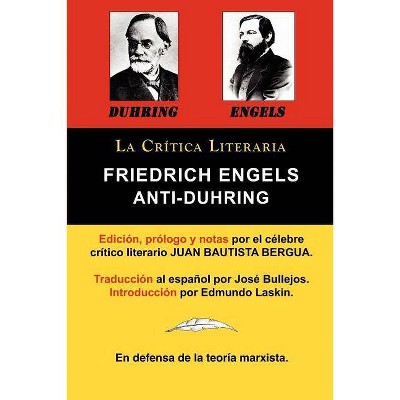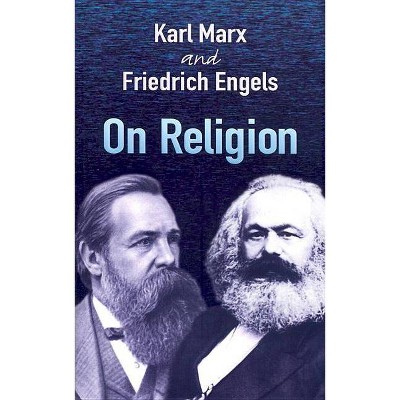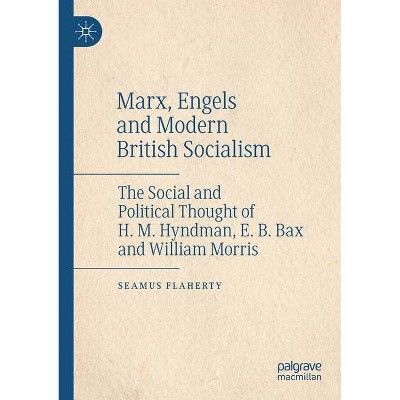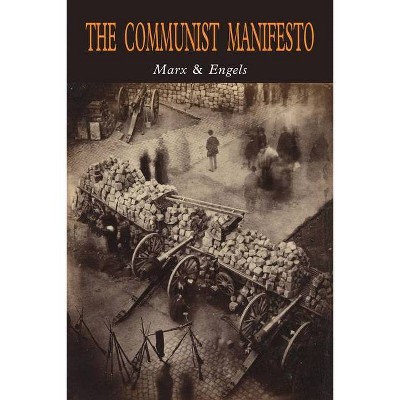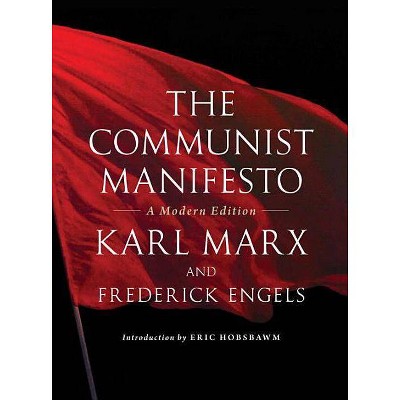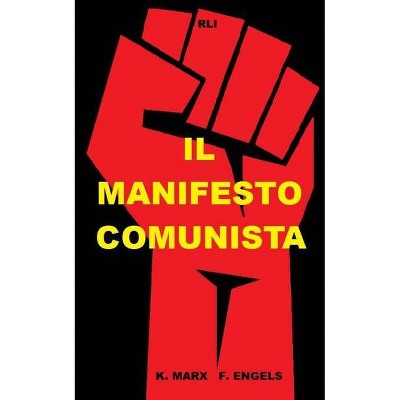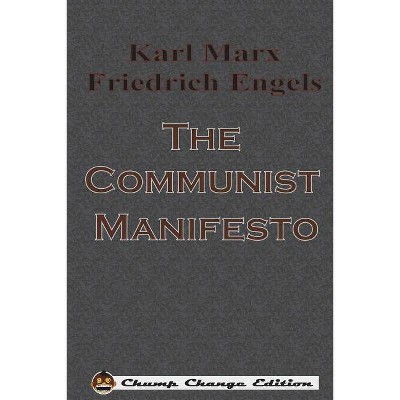Socialism - by Friedrich Engels (Paperback)
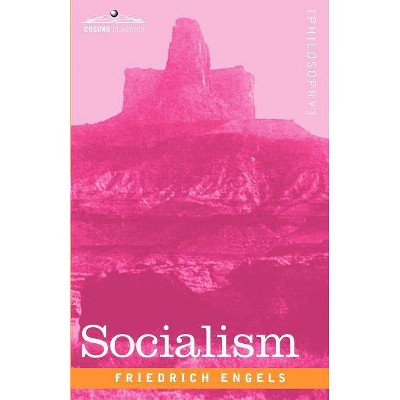
Similar Products
Products of same category from the store
AllProduct info
<p/><br></br><p><b> Book Synopsis </b></p></br></br>In the mediæval stage of evolution of the production of commodities, the question as to the owner of the product of labour could not arise. The individual producer, as a rule, had, from raw material belonging to himself, and generally his own handiwork, produced it with his own tools, by the labour of his own hands or of his family. There was no need for him to appropriate the new product. It belonged wholly to him, as a matter of course. His property was, therefore, based upon his own labour. --from Chapter III In 1875, Dr. Eugene Duehring, a professor at Berlin University, proclaimed himself converted to Socialism, and even went so far as to promulgate his own theories on the philosophy. German philosopher FRIEDRICH ENGELS (1820-1895), who had coauthored The Communist Manifesto with Karl Marx in 1848, was not pleased, and set out to refute Duehring in a highly charged work 1878 book called Anti-Duehring. In 1880, Engels excerpted three vital chapters from Anti-Duehring, which became this pamphlet, the most popular distillation of Marx and Engel's philosophies after the Manifesto itself. This primer on Marxism is an excellent introduction to concepts of socialism from one of its originators.
Price History
Price Archive shows prices from various stores, lets you see history and find the cheapest. There is no actual sale on the website. For all support, inquiry and suggestion messages communication@pricearchive.us
